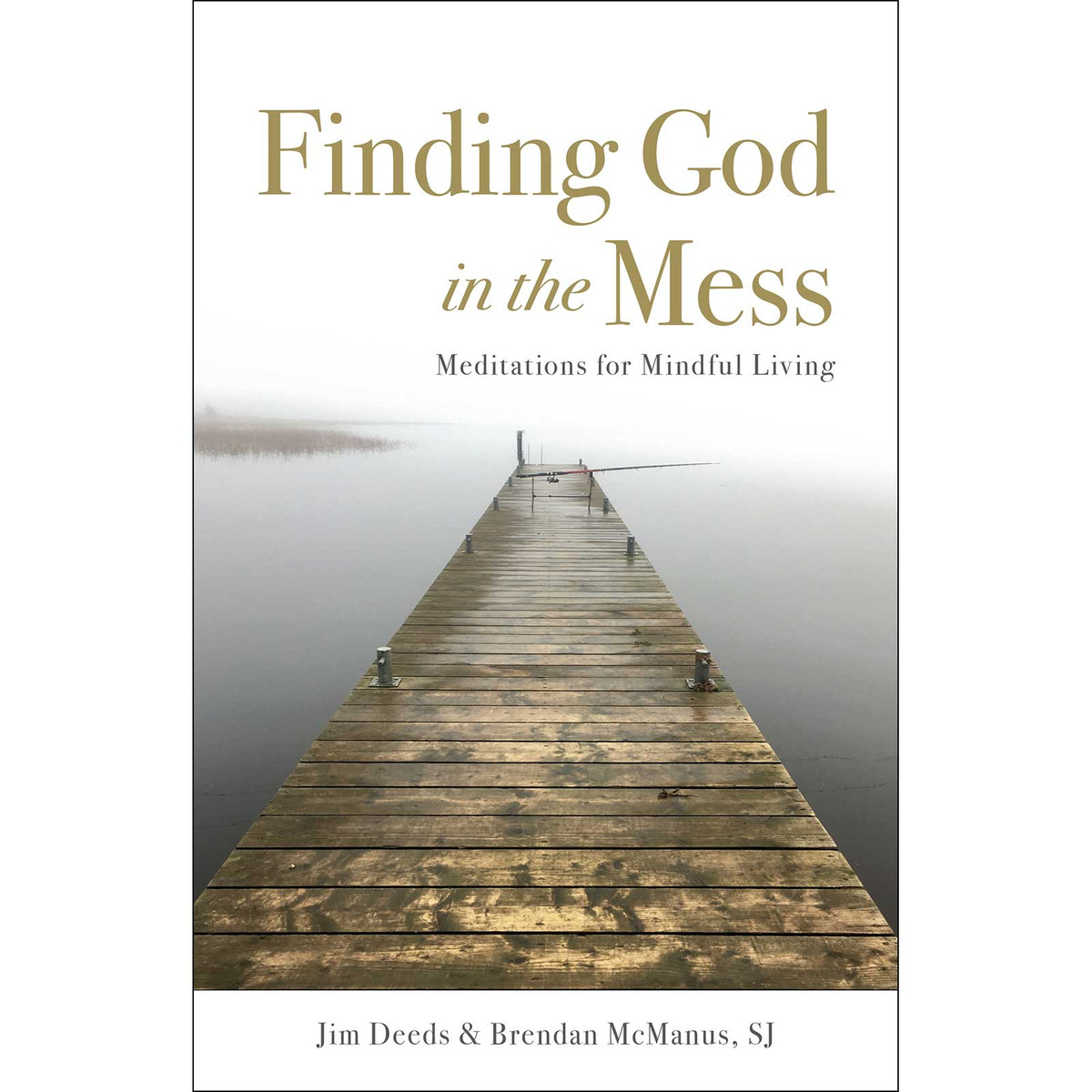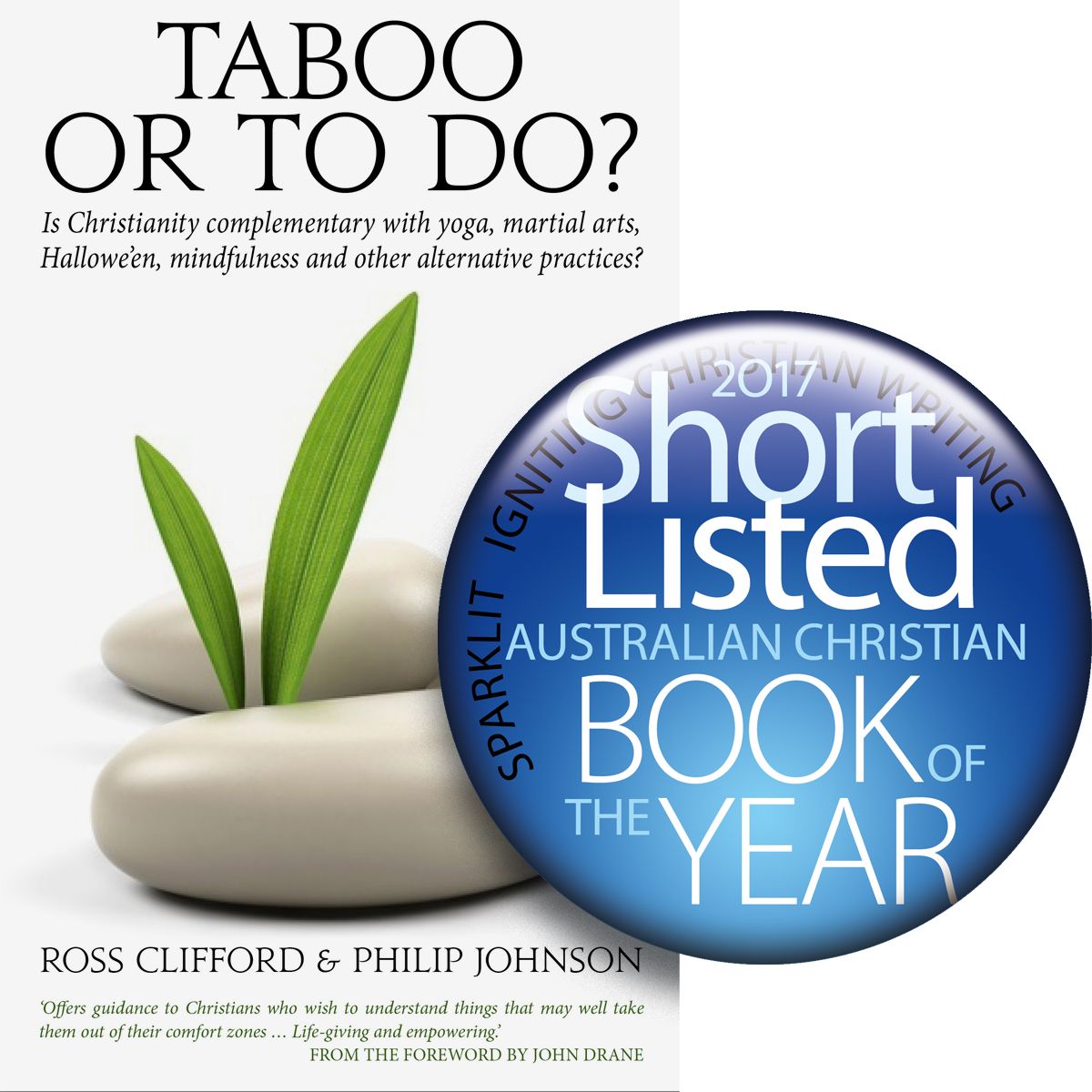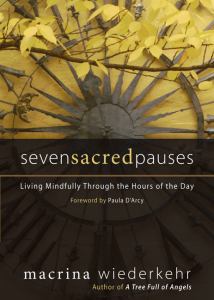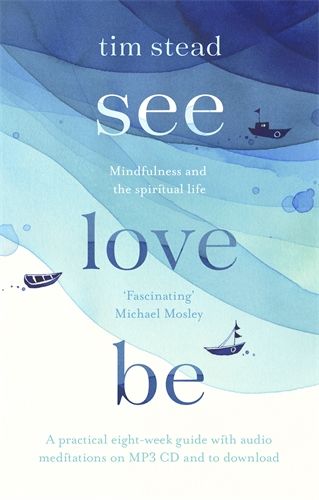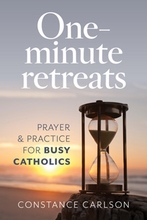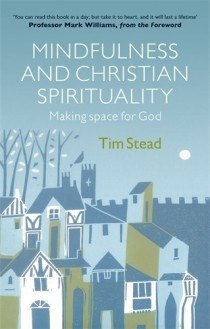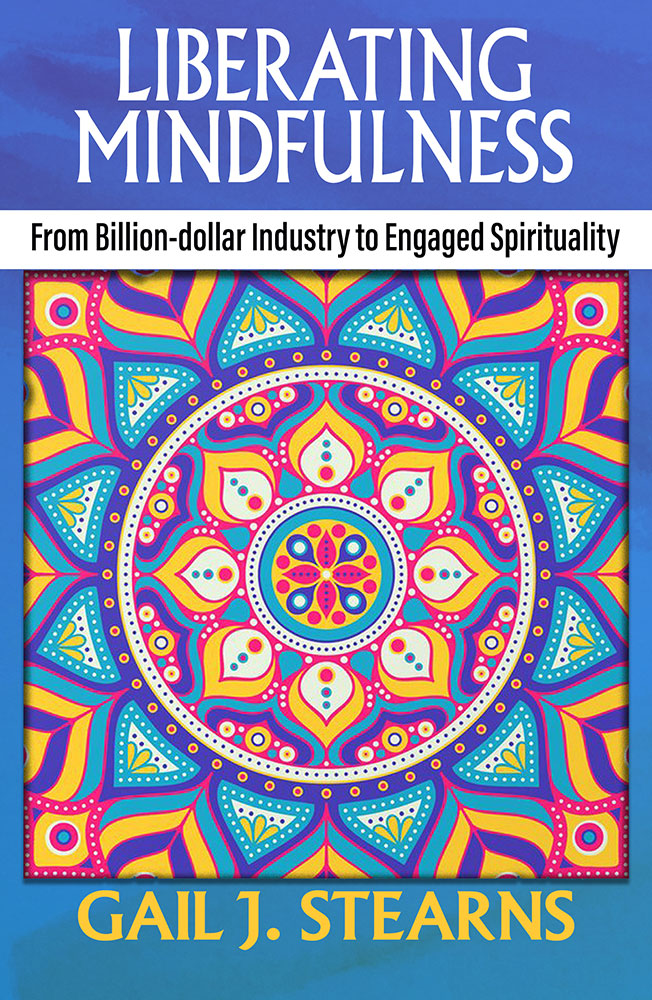Geoffrey Lilburne is a retired Minister of the Uniting Church in Australia. Joy Interrupted is his honest account of the experiences of depression and anxiety that affected his private and professional life; and of the various treatments offered to help him live with the difficult stresses of mental illness. Significantly, it relates how a discovery of prayer and spirituality enriched his life and helped him find ways of negotiating the various difficult symptoms of mental illness, prompting him to offer a path that may help others as they seek to live with their depression and rediscover their joy.
*Prices are indicative only and subject to change without notice.

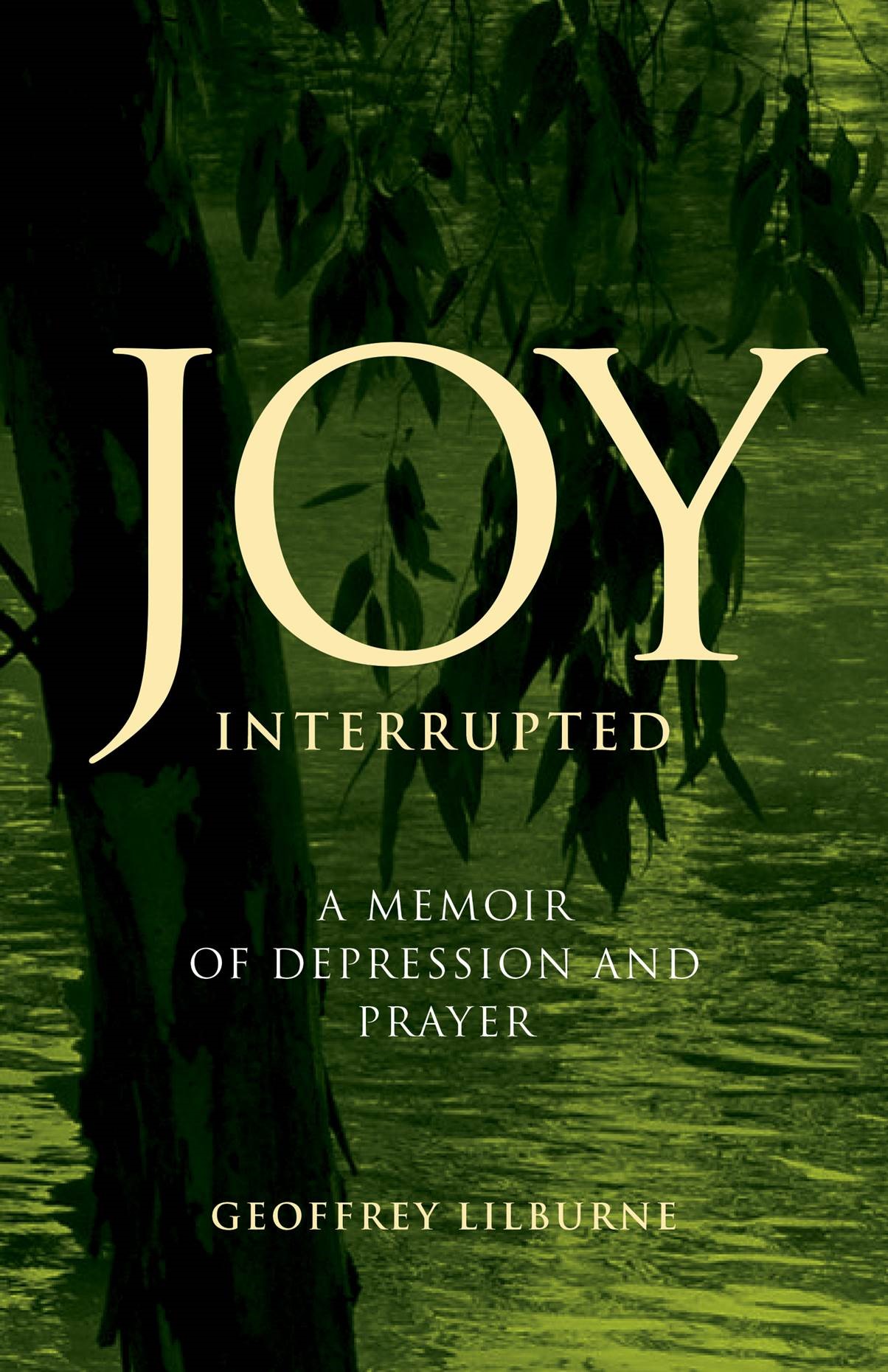
 Back
Back
